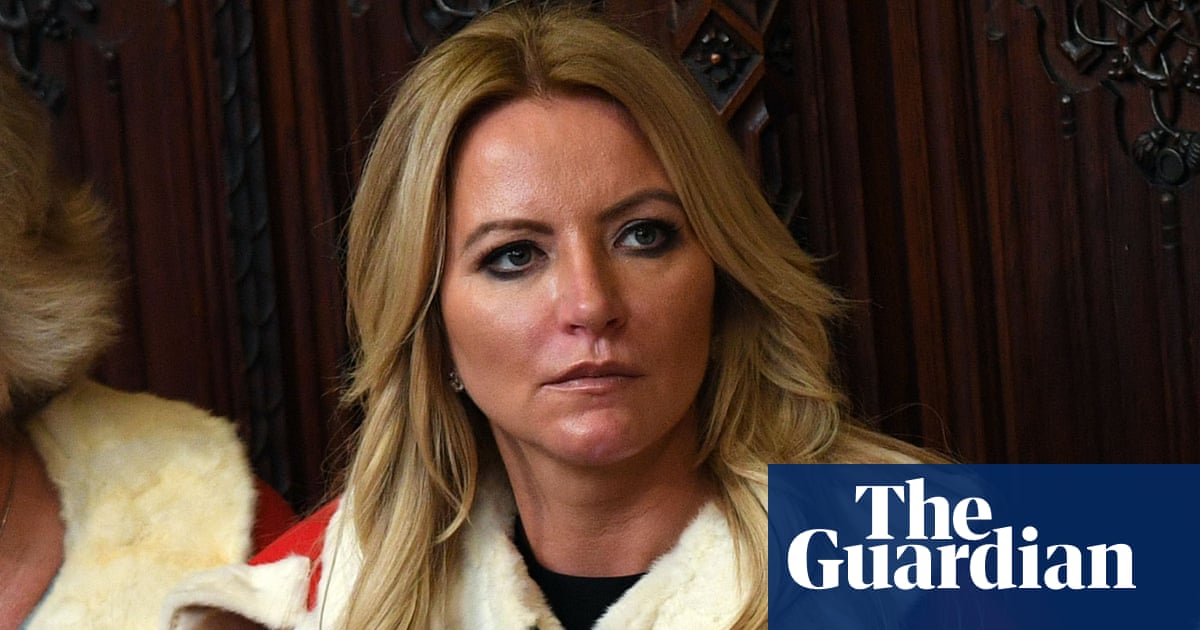
Last month, amid dire warnings of shortages of personal protective equipment for health workers, ministers publicised the imminent arrival from Turkey of a fleet of RAF cargo planes bringing in a “very significant” shipment of PPE for the NHS.
More than a fortnight later, it has emerged that every one of the 400,000 protective gowns that arrived has been impounded for not to conform to UK standards.
The Department for Health and Social Care (DHSC) confirmed on Wednesday evening that the items were being held in a facility near Heathrow airport. It is understood that they are due to be sent back and that DHSC intends to seek a refund, as it has done in similar situations.
The announcement of the shipment by the communities secretary, Robert Jenrick, on 18 April came as unions and professional bodies warned that NHS staff may refuse to work without PPE. An internal assessment seen by the Financial Times warned the UK was potentially only days away from running out of aprons altogether.
Jenrick told the daily Downing Street press briefing that healthcare workers should be “assured that we are doing everything we can to correct this issue”, saying they would have the equipment they “need and deserve”.
Sources later told the Guardian that the DHSC had advised No 10 not to allow him to publicise the shipment in case it backfired, but was overruled.
The necessary clearances, it turned out, had not been sought. When the consignment did not arrive on time as promised, the delay prompted hospital leaders to directly attack the government for the first time during the pandemic.
Ministers responded by saying they thought it may only a one-day delay. Two days later, with the shipment only then beginning to clear Turkish customs checks, they were only able to give an estimate of arrival “in the next few days”.
The first planeload of gowns eventually arrived on 22 April, but the next day it was reported that “less than a 10th” of the order had arrived.
The saga is one of a series of highly publicised government coronavirus initiatives that have failed to deliver the promised results. Its much-trumpeted “ventilator challenge” asked companies such as Rolls-Royce and Dyson to begin producing the machines, but none have reached the final stages of testing and the majority have proved surplus to requirements.
And ministers are facing questions over their testing strategy after it emerged on Wednesday that despite briefly passing the 100,000 per day target set for the end of April, using a tally inflated by including tests that had been sent out but not completed, the government had since fallen short of the mark for a fourth day running.
In the last few days, a British Medical Association survey revealed that almost half of England’s doctors have sourced their own PPE or relied on a donation when none was available through normal NHS channels.
A Department of Health and Social Care spokesman said: “This is a global pandemic with many countries procuring PPE, leading to shortages around the world, not just the UK.
“We are working night and day to source PPE internationally and domestically, and brought together the NHS, industry and the armed forces to create a comprehensive PPE distribution network to deliver critical supplies to the frontline.
“All deliveries of PPE are checked to ensure the equipment meets the safety and quality standards our frontline staff need. If equipment does not meet our specifications or pass our quality assurance processes, it is not distributed to the front line.”












